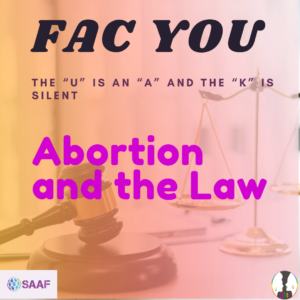Facts about HIV Stigma
Facts about HIV Stigma
What is HIV stigma?
HIV stigma is negative attitudes and beliefs about people living with HIV. It is the prejudice that comes with labeling an individual as part of a group that is believed to be socially unacceptable.
Here are a few examples:
Believing that only certain groups of people can get HIV
Making moral judgments about people who take steps to prevent HIV transmission
Feeling that people deserve to get HIV because of their choices
What is discrimination?
While stigma refers to an attitude or belief, discrimination is the behaviors that result from those attitudes or beliefs. HIV discrimination is the act of treating people living with HIV differently than those without HIV.
Here are a few examples:
A health care professional refusing to provide care or services to a person living with HIV
Refusing casual contact with someone living with HIV
Socially isolating a member of a community because they are HIV positive
Referring to people as HIVers or Positives
What are the effects of HIV stigma and discrimination?
HIV stigma and discrimination affect the emotional well-being and mental health of people living with HIV. People living with HIV often internalize the stigma they experience and begin to develop a negative self-image. They may fear they will be discriminated against or judged negatively if their HIV status is revealed.
“Internalized stigma” or “self-stigma” happens when a person takes in the negative ideas and stereotypes about people living with HIV and start to apply them to themselves. HIV internalized stigma can lead to feelings of shame, fear of disclosure, isolation, and despair. These feelings can keep people from getting tested and treated for HIV.
What causes HIV stigma?
HIV stigma is rooted in a fear of HIV. Many of our ideas about HIV come from the HIV images that first appeared in the early 1980s. There are still misconceptions about how HIV is transmitted and what it means to live with HIV today.
The lack of information and awareness combined with outdated beliefs lead people to fear getting HIV. Additionally, many people think of HIV as a disease that only certain groups get. This leads to negative value judgements about people who are living with HIV.
What can be done about HIV stigma?
Talk about HIV. Talking openly about HIV can help normalize the subject. It also provides opportunities to correct misconceptions and help others learn more about HIV. But be mindful of how you talk about HIV and people living with HIV. The Let’s Stop HIV Together stigma language guide can help.
Take action. We can all help end HIV stigma through our words and actions in our everyday lives. Lead others with your supportive behaviors. Check out the Let’s Stop HIV Together stigma scenarios for tips on what you can do when you witness stigma.




